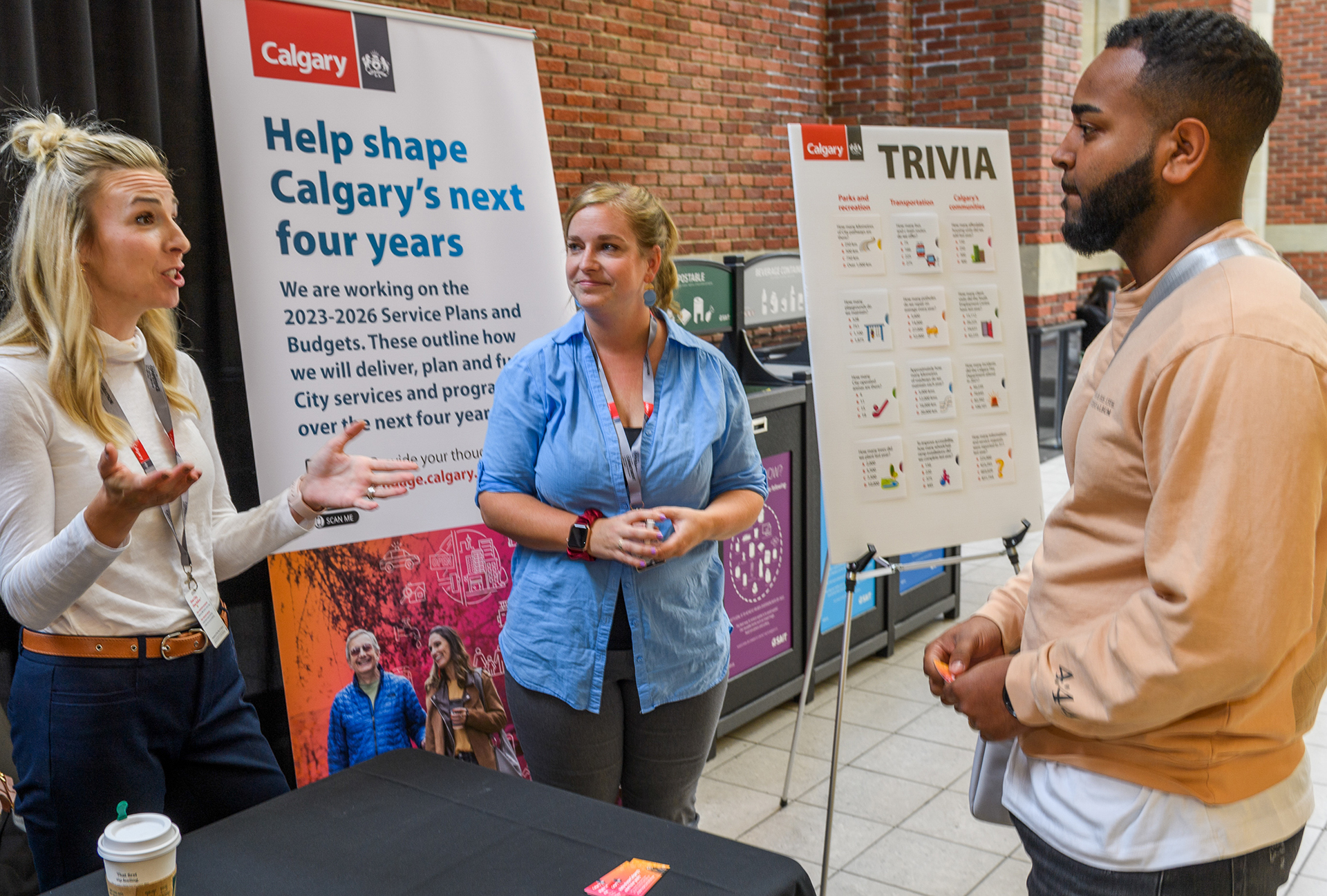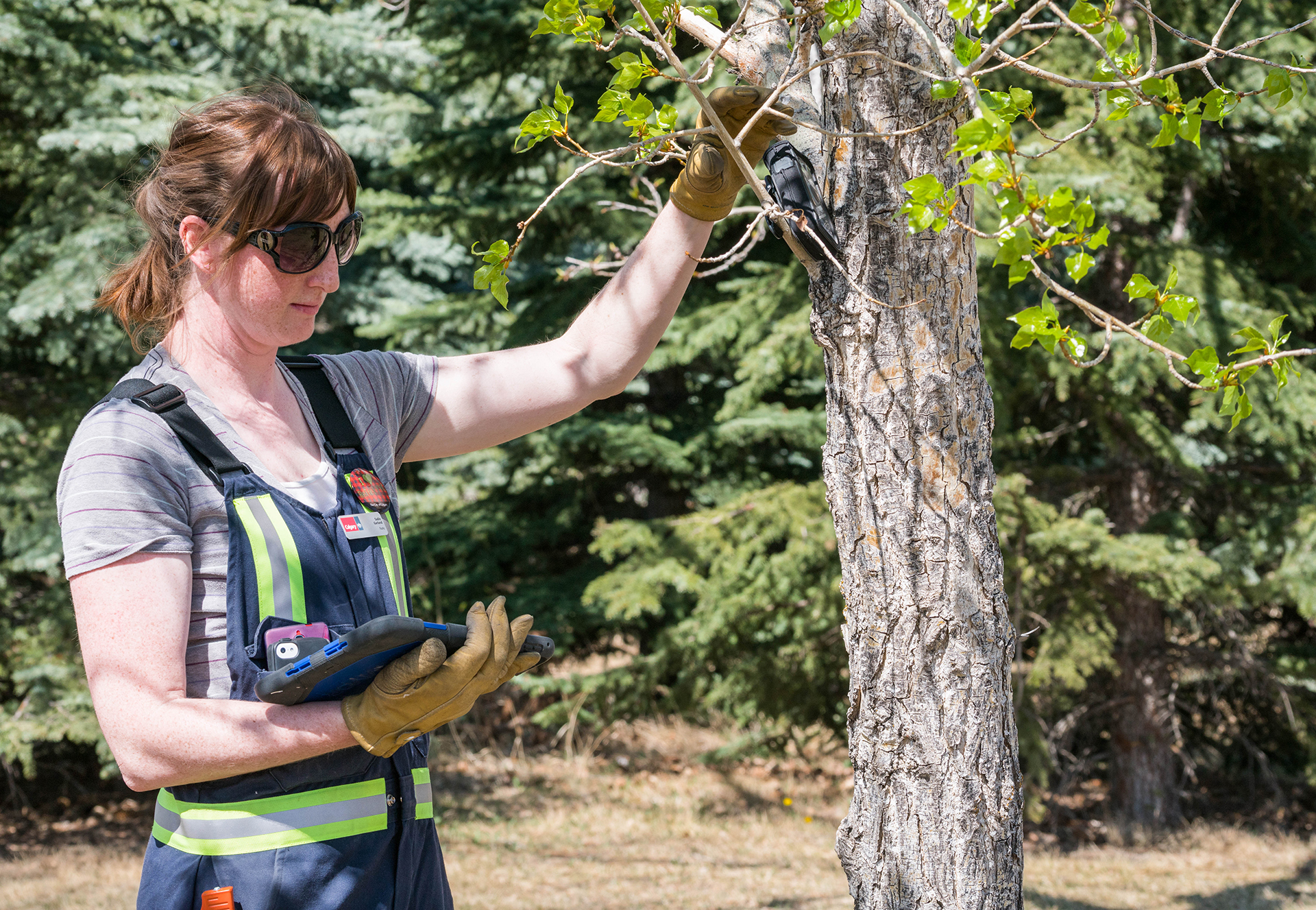Open Data Portal
Every second we create huge amounts of data that represent our daily experiences – doctor visits, parking tickets issued, water consumption, transit use, and more. This data has the power to help governments, businesses, social profit organizations and individuals tackle real challenges such as improving healthcare and education, reducing climate effects, enhancing transportation, and more.
What is open data?
Open data includes the various types of data (called datasets) collected and managed by The City of Calgary. Open data means it is easily accessible to the public, free to use, re-use and redistribute without any legal, technological or social restriction.
The City of Calgary’s Open Data Portal has more than 400 categorized datasets and this number continues to grow. The data is relevant, accurate and detailed, and is shared in a timely manner. This helps data users conduct analysis and evaluation that inform planning and implementation of policies, programs and decisions.
Types of data
There are many dataset categories that have potential uses and applications, including everything from historical rainfall to solar energy production to census statistics and short-term rental locations in the city.
Benefits of open data
Open data promotes data-driven (or informed) discussion and helps identify opportunities to improve City services and products.

Improves relationship between people and public organizations
- The availability and accessibility of open data helps build trust about the information coming from The City.
- The data provided is raw, authoritative and verified, and the public can rely on its credibility and quality.
- It empowers the public to make informed decisions.
- Open data gives the public a direct view into how decisions are made, which can help strengthen the relationship between the public and The City.

Increases government transparency and municipal accountability
- Openness, accountability and honesty define government transparency – it is not just an obligation, it makes good sense.
- By sharing information with the public via open data, citizens can keep our public officials accountable.
- Open data complements other methods of disclosure (e.g. access to reports and information on Calgary.ca), as well as requests for information through the Freedom of Information and Protection of Privacy Act initiated by the public.

Contributes to a more liveable city
- Insights can lead to improved efficiency and effectiveness of government services and policies.
- With vast amounts of open data, users have the ability to combine datasets from multiple sources to identify trends and patterns.
Whether data is translated to applications that make day-to-day life easier for people, or is used for research and enhanced decision making, open data helps create innovations and efficiencies that lead to better public services.
Who uses open data?
Open data is used by government and non-profit organizations, developers and entrepreneurs, businesses, researchers, media, and the general public.
How can I use the data?
The data can be used for any purpose subject to the Open Data Terms of Use. These datasets are available in multiple file formats and can be downloaded free of charge.

